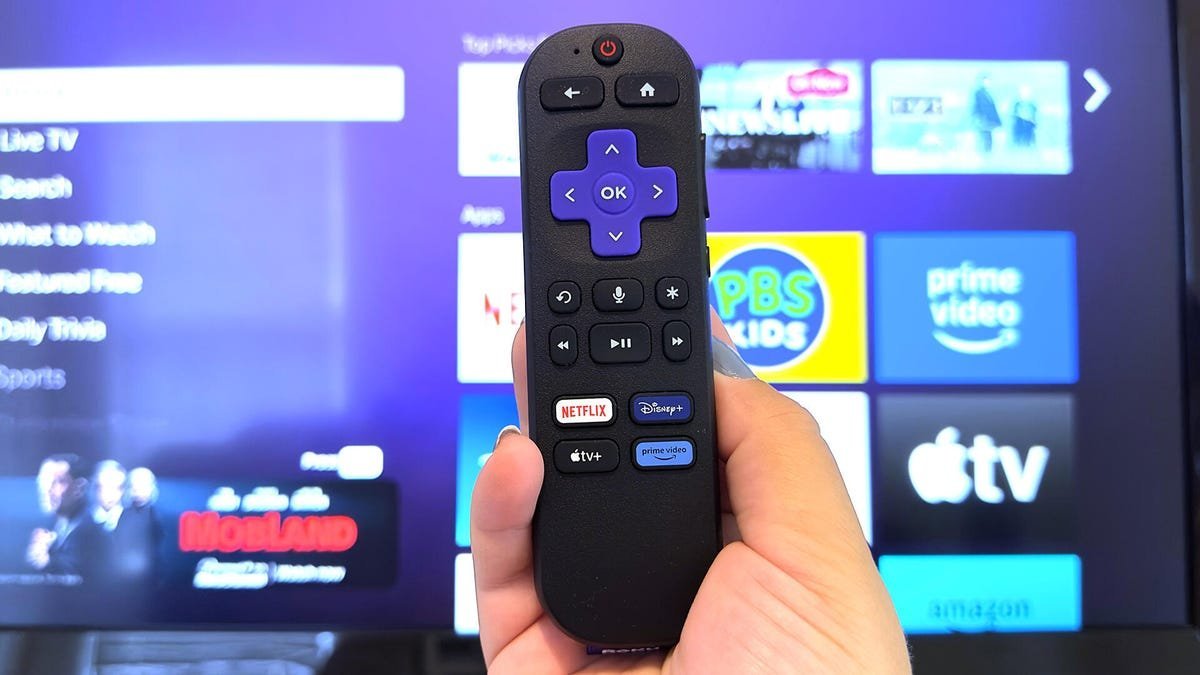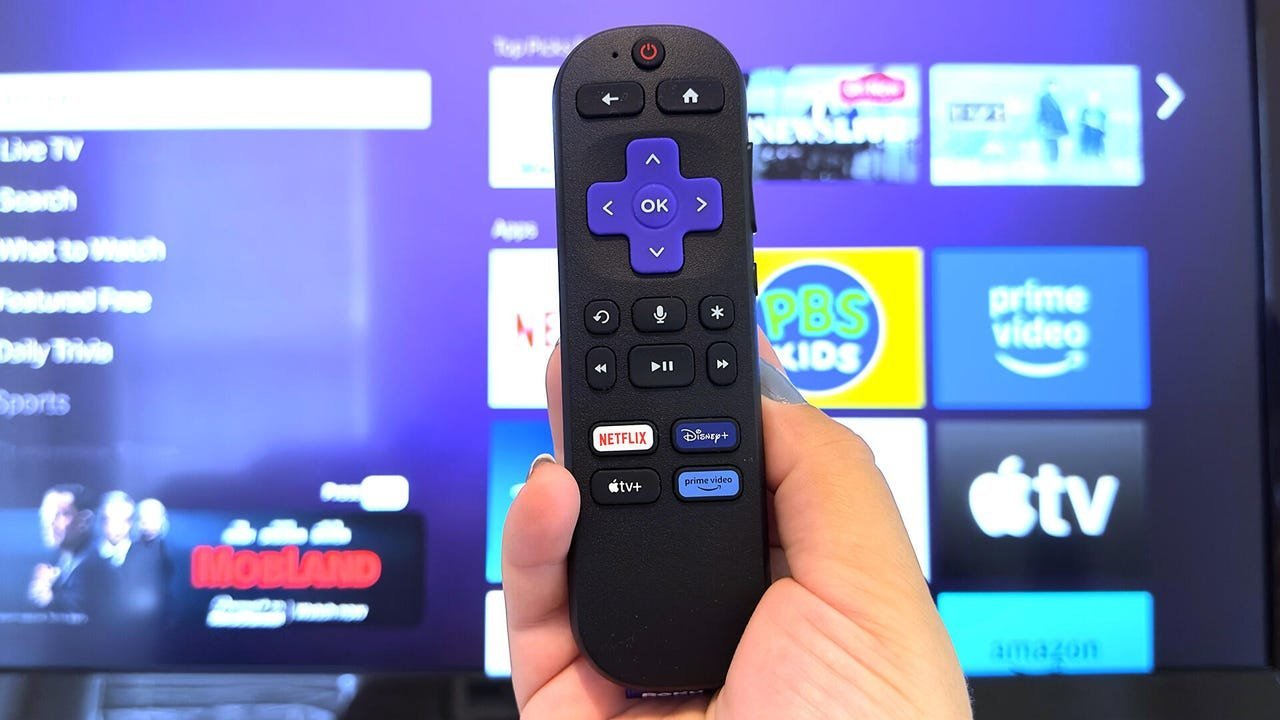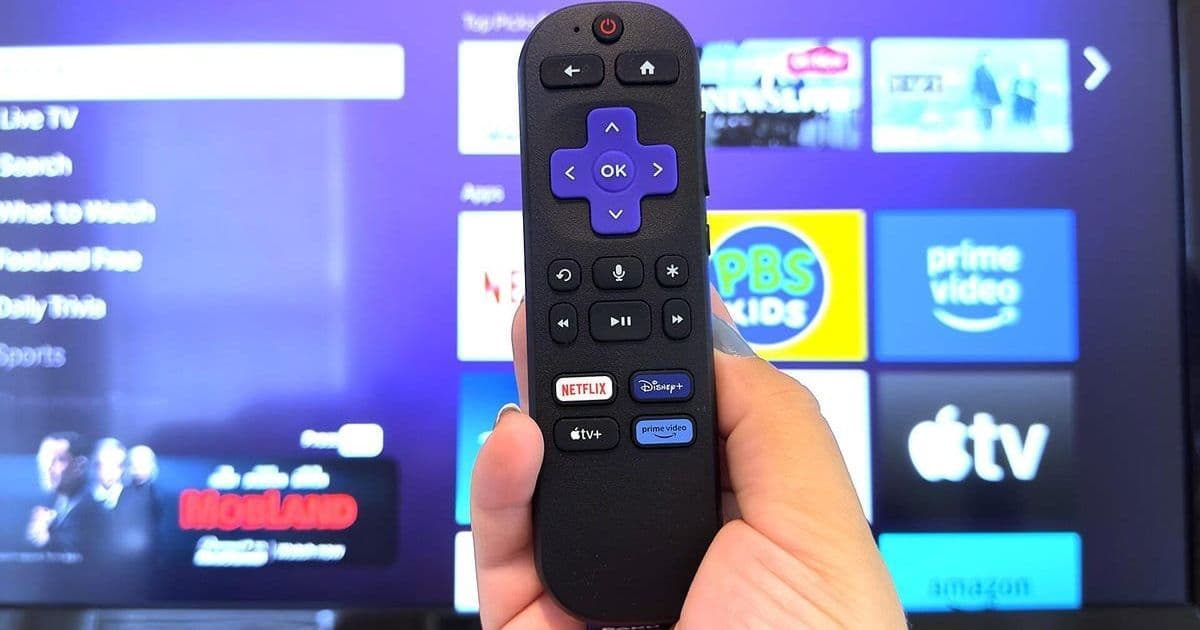Roku devices accumulate cached data over time, causing frustrating lag and app crashes. Discover two non-destructive reset techniques that clear this digital clutter without factory resets—including a nostalgic button-sequence method reminiscent of classic cheat codes.

Seventeen years after Roku's debut, millions still rely on these streaming workhorses—but accumulated cached data can transform a once-snappy device into a source of endless frustration. Like computers and smartphones, Roku TVs store temporary data (cache) to accelerate app loading, but this digital shortcut becomes a liability when corrupted or overloaded. The result? Frozen interfaces, audio-video desynchronization, and error messages that sabotage your viewing experience.
Why Cache Becomes a Bottleneck
"Cache operates like a cluttered attic," explains Chris Bayer of ZDNET. "Initially helpful, it eventually slows everything down when overloaded with obsolete temporary files." Unlike other platforms, Roku lacks a direct "clear cache" setting, forcing users toward indirect solutions. Two maintenance techniques stand out for their simplicity and non-destructive nature:
The Nostalgic Soft Reset
This method echoes vintage gaming cheat codes:
- Press Home five times
- Tap Up Arrow once
- Hit Rewind twice
- Press Fast Forward twice
The system freezes momentarily before rebooting, purging corrupted cache. No apps or logins are affected—ideal for routine maintenance.
The Power-Cycle Deep Clean
For persistent slowdowns:
- Navigate to Settings > System > System Restart
- After reboot, unplug the device for 60 seconds
- Reconnect power
 Caption: Maria Diaz/ZDNET
Caption: Maria Diaz/ZDNET
This full discharge clears residual electrical charge in capacitors, ensuring comprehensive cache clearance. Both methods avoid the nuclear option: a factory reset requiring tedious app reconfiguration (found under Settings > System > Advanced > Factory Reset).
"Cache maintenance isn't a one-time fix," Bayer cautions. Heavy streamers should perform resets quarterly. This simple upkeep extends device lifespan, delaying costly upgrades—proving that sometimes the oldest tech tricks deliver the most relief.
Source: Chris Bayer, ZDNET

Comments
Please log in or register to join the discussion